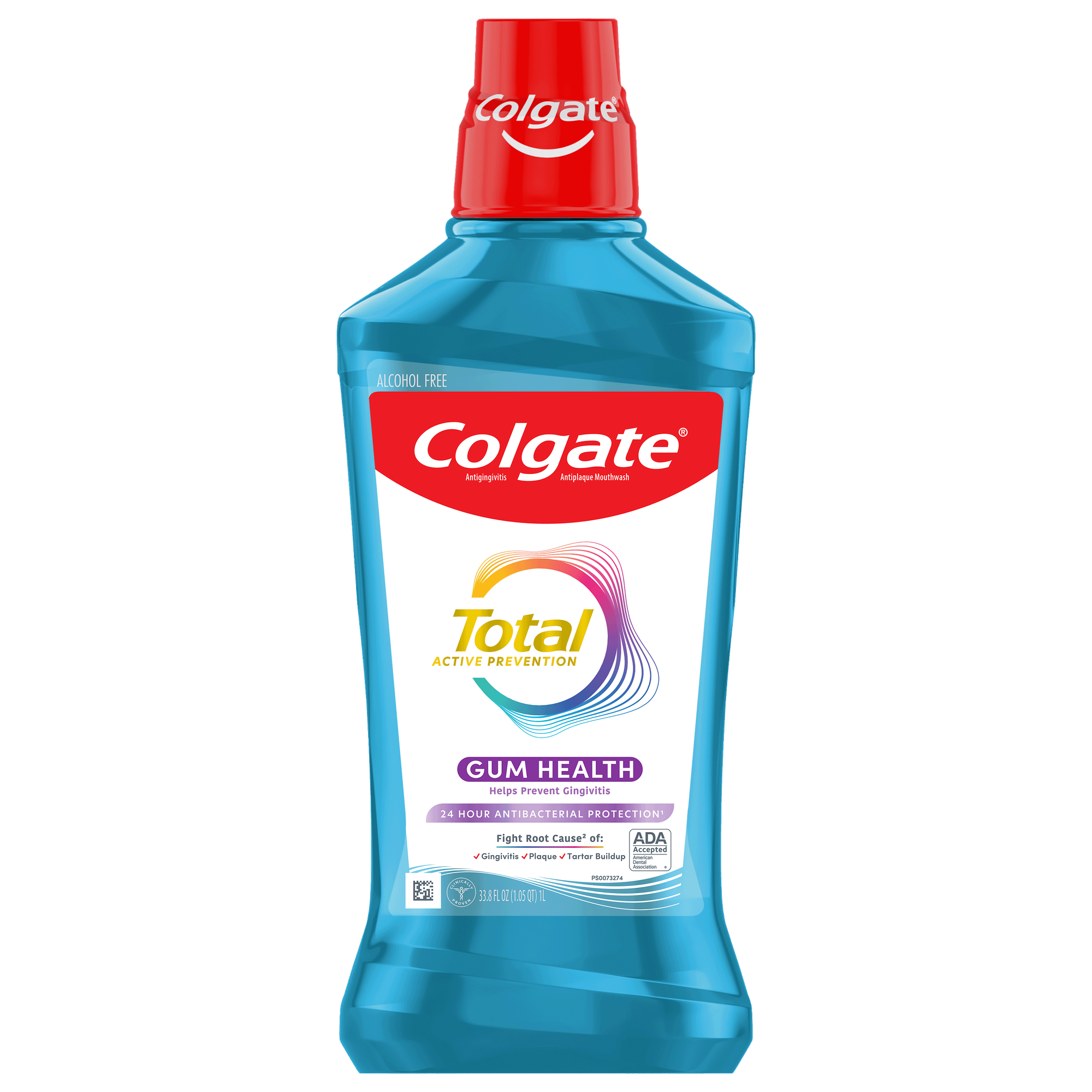-
-

FLUORIDE
What Is Stannous Fluoride Toothpaste?Discover what is Stannous Fluoride Toothpaste and its importance to prevent cavities and other oral health problems.

TEETH WHITENING
Whitening toothpaste - hydrogen peroxide vs. carbamide peroxideIf you lose one or more of your front teeth due to injury or decay, you may feel ...
-
Science & InnovationOral Health Commitment
- Oral Health Commitment
- Bright Smiles, Bright Futures
- Educational Resources
- Mobile Dental Van
- Volunteer
- ORAL HEALTH CHECK
- PRODUCT MATCH
- Oral Health and Dental Care | Colgate®
- Oral Health
- How Long Is TMJ Surgery Recovery Time?


If you have a TMD and you’re reading this, you’ve probably already tried mouth guards and or exercises for jaw pain, but you’re still experiencing discomfort and popping. Now, you’re looking for information about what to do and if TMJ surgery may be an option. Only your dental professional can tell you for sure, but here is information to help you have that conversation.
What types of TMJ Surgery Are Available?
According to The Mayo Clinic, there are several types of surgeries available if other therapies are not an option.
Arthrocentesis: Also known as joint aspiration, this minimally invasive procedure involves an oral surgeon inserting a small needle into the joint to irrigate fluid and remove debris. This is performed to examine the fluid—however, it can be therapeutic as it can relieve pain and swelling and improve movement in the joint.
TMJ Arthroscopy: Arthroscopy is a minimally invasive same-day surgery that requires general anesthesia. Your oral surgeon will be able to both assess and treat the problem during your procedure. He or she will either remove inflamed tissue and rinse the area or adjust parts of your jaw joint that are misaligned.
Arthroplasty: Arthroplasty is a surgery to repair, replace or remove scar tissue or bone spurs around the disc that allows you to open and close your jaw. The recovery time from this type of TMJ surgery takes longer and may be more painful than an arthroscopy procedure.
Total Joint Replacement: According to the American Society of TMJ Surgeons, total jaw joint replacement, also known as Total Temporomandibular Joint Replacement (TMJR), is an extensive surgery in which the jaw is either completely or partially replaced. You will first have a CT scan to assess the joint, your prosthetic joint will be manufactured, and your surgeon will fix the new artificial pieces to your skull and lower jaw.
Injections: You may have heard of someone getting a cortisone shot to relieve pain. Corticosteroid injections and botulinum toxin type A (Botox) can help reduce pain and inflammation. The Mayo Clinic reports cortisone shots can provide relief for several months, however, the side effects limit the number of times you can receive one.
Modified condylotomy: Modified condylotomy indirectly addresses the TMJ, as the oral surgeon performs on the lower jaw, rather than the joint itself. This procedure can help relieve pain and locking.
Open-joint surgery: If other treatments are not relieving your TMD, the problem may lie in the structure of your joint. In that case, your oral surgeon or dental professional may recommend open-joint surgery or arthrotomy where they will repair or replace the joint. This surgery involves general anesthesia and a short hospital stay, with a two to six-week recovery period.
What Should You Ask Your Dental Professional About TMJ Surgery
- What are the potential benefits of the surgery?
- What are the risks?
- Are there any other treatment options?
- What is the recovery period?
- When should you expect to notice an improvement, if the surgery is successful?
If TMJ affects your quality of life, surgery may be the answer. Talk to your dental professional to find out what’s right for you.
Related Articles

Temporomandibular disorder
TMJ Arthralgia Symptoms and Treatment OptionsTMJ arthralgia is a condition within TMD that refers to pain and inflammation inside your joints. Learn more about the symptoms and treatment, here.

Temporomandibular disorder
Neuromuscular Dentistry: A DefinitionWhat is neuromuscular dentistry? Check out this great article to learn more about this specialty and when this type of dental treatment is necessary.

Temporomandibular disorder
Can Essential Oils Relieve TMJ Jaw Pain?Essential oils are used to treat a range of maladies. Learn what the science says and how TMJ essential oils may help relieve your jaw pain, here.

Temporomandibular disorder
Could Your Lateral Pterygoid Muscle Be Causing TMJ Pain?The lateral pterygoid muscle is one of the four muscles of mastication and is responsible for moving your jaw. Learn how it relates to the TMJ.
Related Products

Colgate Total Active Prevention Whitening Toothbrush is a soft toothbrush with charcoal infused spiral and Floss-Tip bristles (1). This soft bristle toothbrush fights the root cause* of cavities, plaque, gingivitis, bad breath, tartar buildup**, and stains*** and also helps remove surface stains to prevent stain buildup.

Power away plaque with Colgate Total Battery Powered Toothbrush. This battery operated toothbrush for adults fights the root cause* of cavities, plaque, gingivitis, bad breath, tartar buildup**, and stains***. Plus, this battery toothbrush has a built in 2 minute timer and features two cleaning modes, Sensitive and Regular, to cater to your unique oral care needs.

The Colgate Total® Active Prevention Foaming Clean Soft Bristle Toothbrush is specially designed to tackle the root cause* of cavities, plaque, gingivitis, bad breath, tartar buildup**, and stains***.

Colgate Total Alcohol Free* Gum Health Mouthwash delivers 24-hour protection** against bacteria and also helps prevent gum problems

Helping dental professionals
More professionals across the world trust Colgate. Find resources, products, and information to give your patients a healthier future




